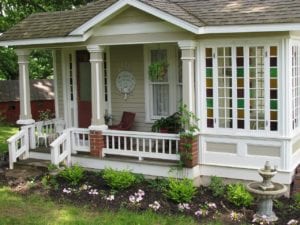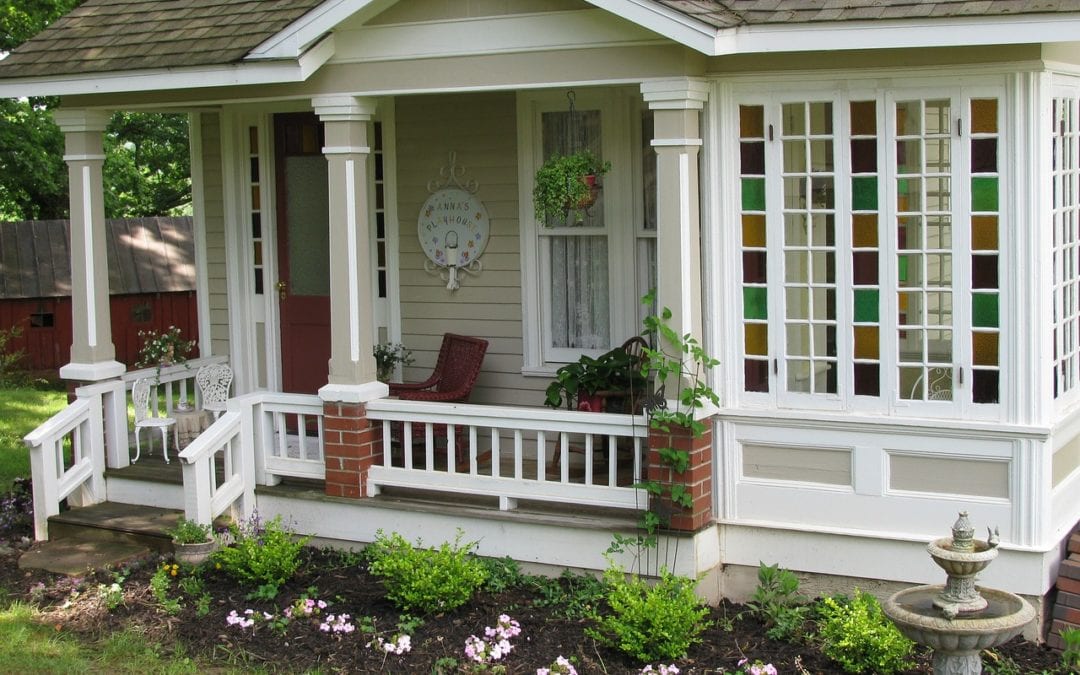 Are you looking for a home with in-law quarters for a family member? Perhaps you would like to add a guest suite to an existing home to generate rental income or make room for independently living family members. In either case, you are considering the appealing real estate feature called an accessory dwelling unit.
Are you looking for a home with in-law quarters for a family member? Perhaps you would like to add a guest suite to an existing home to generate rental income or make room for independently living family members. In either case, you are considering the appealing real estate feature called an accessory dwelling unit.
What Is an Accessory Dwelling Unit?
An Accessory dwelling unit (ADU) is a residential living unit that is within or attached to a single family dwelling. It provides independent living facilities for one or more persons, including provisions for sleeping, eating, cooking, and sanitation, on the same parcel of land as the principal dwelling unit it accompanies. Porcupine Real Estate has seen ADUs gain popularity as a result of an increase in market demand for shared living space, such as for an in-law or college student, or even a rent-paying tenant. And, as rents continue to increase and occupancy rates remain high, homeowners are seeing the benefit of renting out space to earn extra income or help out a family member.
Accessory Dwelling Units in New Hampshire
In New Hampshire, some local zoning restrictions have led to a shortage of affordable housing and have made it difficult for new construction to be built. ADUs can be an easy alternative to this housing shortage.
Some towns have tried to restrict ADUs, particularly in response to the surge in Airbnb and other similar short-term stay options. The legislature, in turn, passed a bill to prohibit towns from over-regulating or prohibiting the use of ADUs by towns. The bill requires all New Hampshire municipalities to allow property owners to create ADUs in all districts zoned for single family homes. Porcupine Real Estate’s Mark Warden sits on the New Hampshire Association of Realtors Public Policy Committee that was instrumental in helping get this legislation through the house and senate.
With the new legislation, municipalities can enforce certain restrictions, such as controlling the appearance to maintain the look and feel of a single family home or require owner occupancy of one of the units. The municipality cannot, however, require the unit to be less than 750 sq ft, require additional lot area, require separate water or septic systems, or require familial relationship between occupants of different units.
The Future of Accessory Dwelling Units
Porcupine Real Estate anticipates a continued and growing demand for this type of property use. We believe that properties with ADUs will enjoy strong demand for many years to come. It is important to note that when dealing with ADUs, each transaction should be discussed in detail with your real estate agent and lender to see how financing and the appraisal process will be affected. Contact us for more information on buying or selling a property with an ADU.

